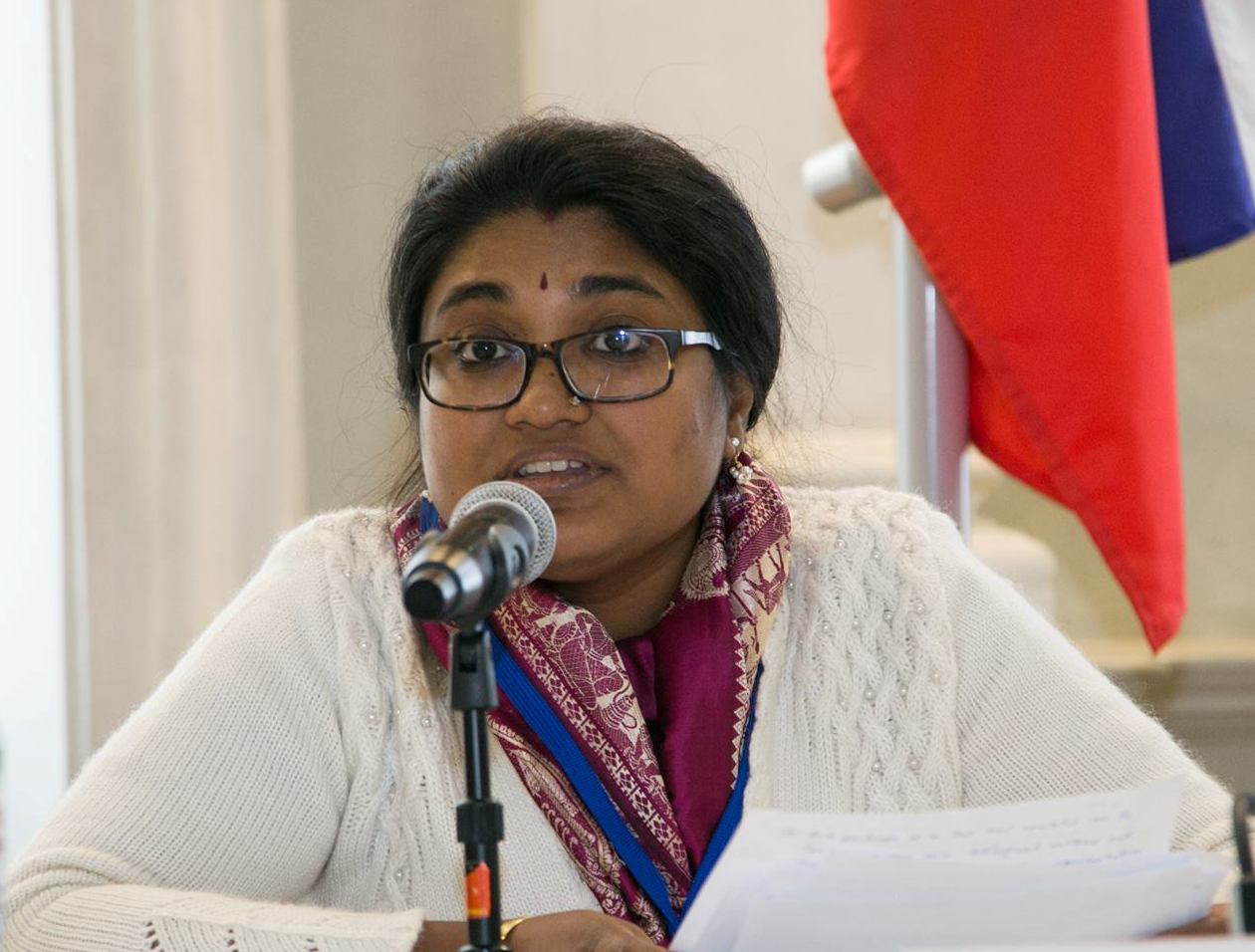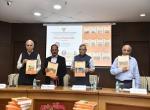On 24 February 2020, VIF organized a book discussion on Prof. Dilip K. Chakrabarti’s latest book Ancient Rajasthan: Research Development, Epigraphic Evidence on Political Power Centres, and Historical Perspectives (New Delhi: Aryan Books International 2019). Prof. Rupendra K. Chattopadhyay (Vivekananda Chair Professor of Social Science, University of Calcutta), Dr. Radha Madhav Bharadwaj (Deen Dayal Upadhyaya College, University of Delhi), and Dr. Birendra Nath Prasad (Jawaharlal Nehru University) were the discussants.
The first part of the book deals with the historiography of Rajasthan since the time of James Tod till around 1950. In the second chapter, the author traces the history of Rajasthan from the beginning of the historical period till around 700 AD. The third chapter is about the light the evidence of inscriptions throw on the political power centres of Rajasthan from the Gupta period till the thirteenth century. The author argues that theories about Indian ‘feudalism’, an ‘early medieval’ phase in Indian history, and a mythical origin of the Rajputs are not supported by factual evidence on the ground. The inscriptional evidence suggests that the Rajputs were the direct descendants of the post-Gupta kings—a fact that has been largely ignored by present-day historians. Epigraphic evidence also attests to continuity in terms of donation of images, construction of temples and land grants. The author argues that it is absolutely wrong to interpret the Hindu ritual behavior of donating land on auspicious occasions as the harbinger of feudalism in India.
As far as the study of Rajasthan is concerned, Chakrabarti is pained by the rather inconsistent and unsatisfactory historiography on post-Gupta Rajasthan, which neglects many of its hallmark features. He instead strongly advocates a data-centric approach towards the study of ancient Rajasthan. In general, he is critical of the trend in ancient Indian historical studies of first importing theoretical models from the history of Europe and then imposing them on Indian history with a total disregard for facts. When asked what could be an alternative to these theoretical frameworks, the author replied that one has to base the writing of history on one’s findings on the ground. The discussants concluded that the book under discussion was itself of encyclopedic proportions and should usher a new path of investigation into the history of Rajasthan.





Post new comment